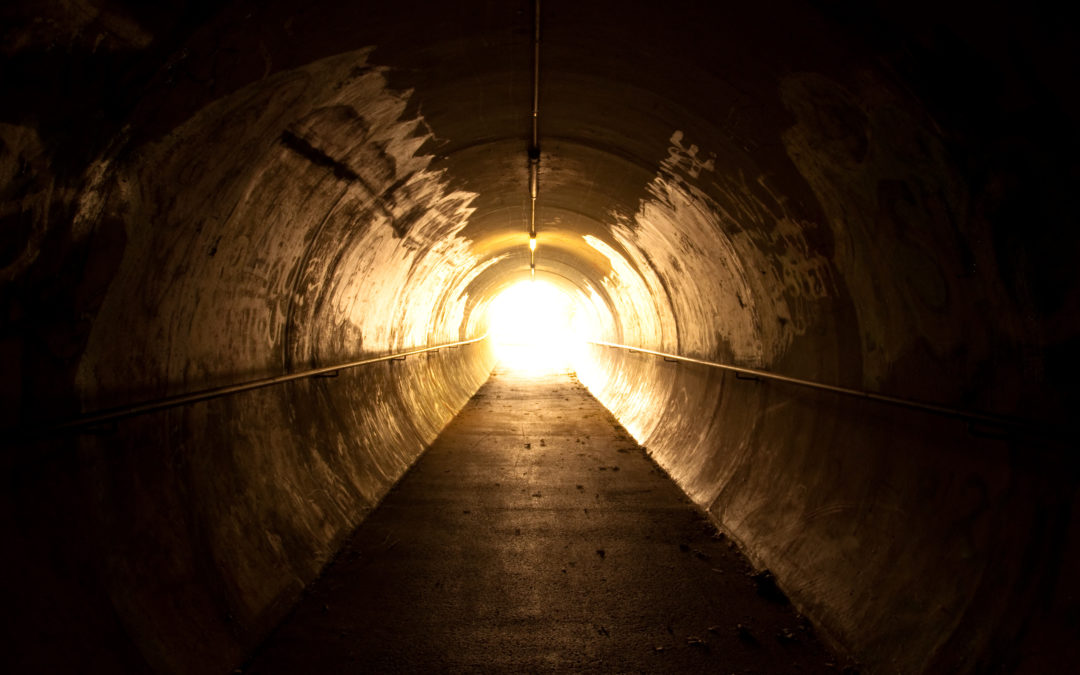“It was the best of times, it was the worst of times, it was the age of wisdom, it was the age of foolishness, it was the epoch of belief, it was the epoch of incredulity, it was the season of light, it was the season of darkness, it was the spring of hope, it was the winter of despair.”
― Charles Dickens, A Tale of Two Cities
Although Charles Dickens classic tale was set in the time of the French Revolution, his opening paragraph could apply to this past year and whatever number of months left to run before enough of us are vaccinated that we achieve herd immunity. During this epoch of the coronavirus pandemic, many of the norms and assumptions about how our world works have been upended. Nowhere is this more startling than the contradictions of our economic and financial situation. For example, millions of people have lost their jobs in industries and sectors which will never be coming back to pre-pandemic employment levels. At the same time, the stock market soars from record to record even though the US economy shrank by 3.5% in 2020, the biggest decline since 1946. Local business, including many restaurants, are fighting for their lives while large retailers like Walmart and grocery stores have increased profits by substantial amounts.
These contradictions are very confusing and leave me with more questions than answers. Aren’t these catastrophic job losses signs of weakness in the economy? How will people who lose their jobs be better off than they were pre-pandemic? Will all those people who have been working effectively from home for months thus avoiding hours of commuting be willing to troop back into their offices once this is over? Or has the way we work changed forever? Who and what is driving the stock market? What will the new normal look like?
These emerging societal questions will challenge even the best-run organizations whether they are large or small, for-profit or not for profit. Not to mention society at large.
But even in this season of darkness, there is light. The speed with which vaccines have been developed is attributed to the cooperation and collaboration of scientists around the world. The creativity of the pivots that many organizations have made so they can take advantage of new opportunities or continue to provide services even when they can’t be in the same room with their patients or clients. The stamina of front–line workers everywhere who have supported the essentials of life – healthcare, public safety, food, water, garbage collection just to name a few. And the reprieve for the planet if the 30% reduction in greenhouse gases experienced across the globe in April 2020 can be replicated going forward through plans for an economic recovery that are built around climate-friendly policies.
In light of recent challenges – many of which have tested us far beyond the scope of our imagination – I would like to encourage us all to pause, take a breath, and applaud the strength around us. For many have met this gruelling test with great resiliency, ingenuity, and belief. I expect that these same attitudes will be crucial as we seek the answers to the questions posed above and many more of a similar nature.






